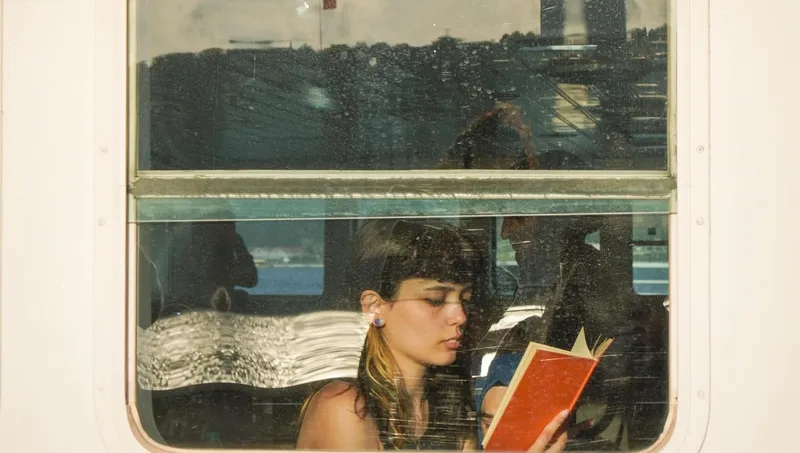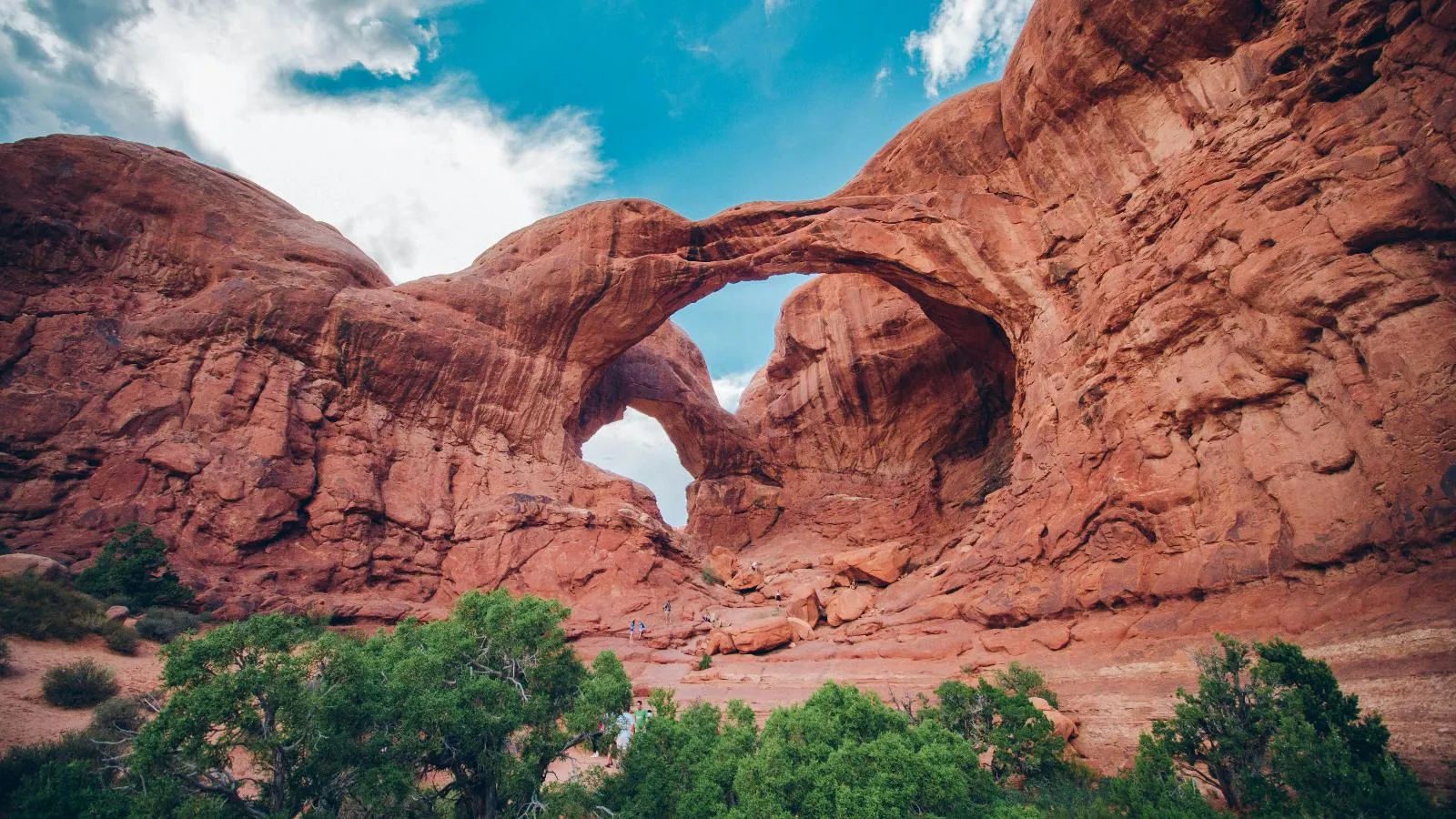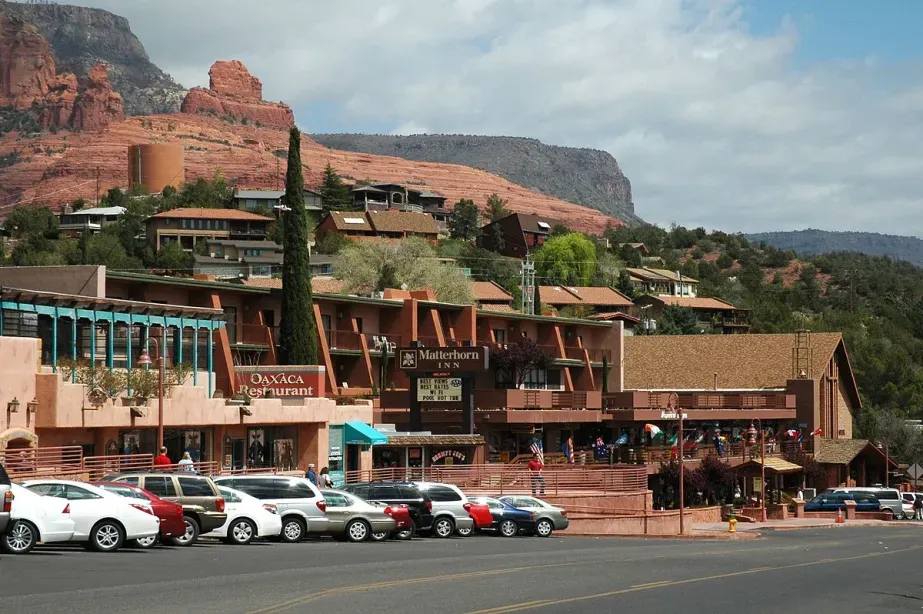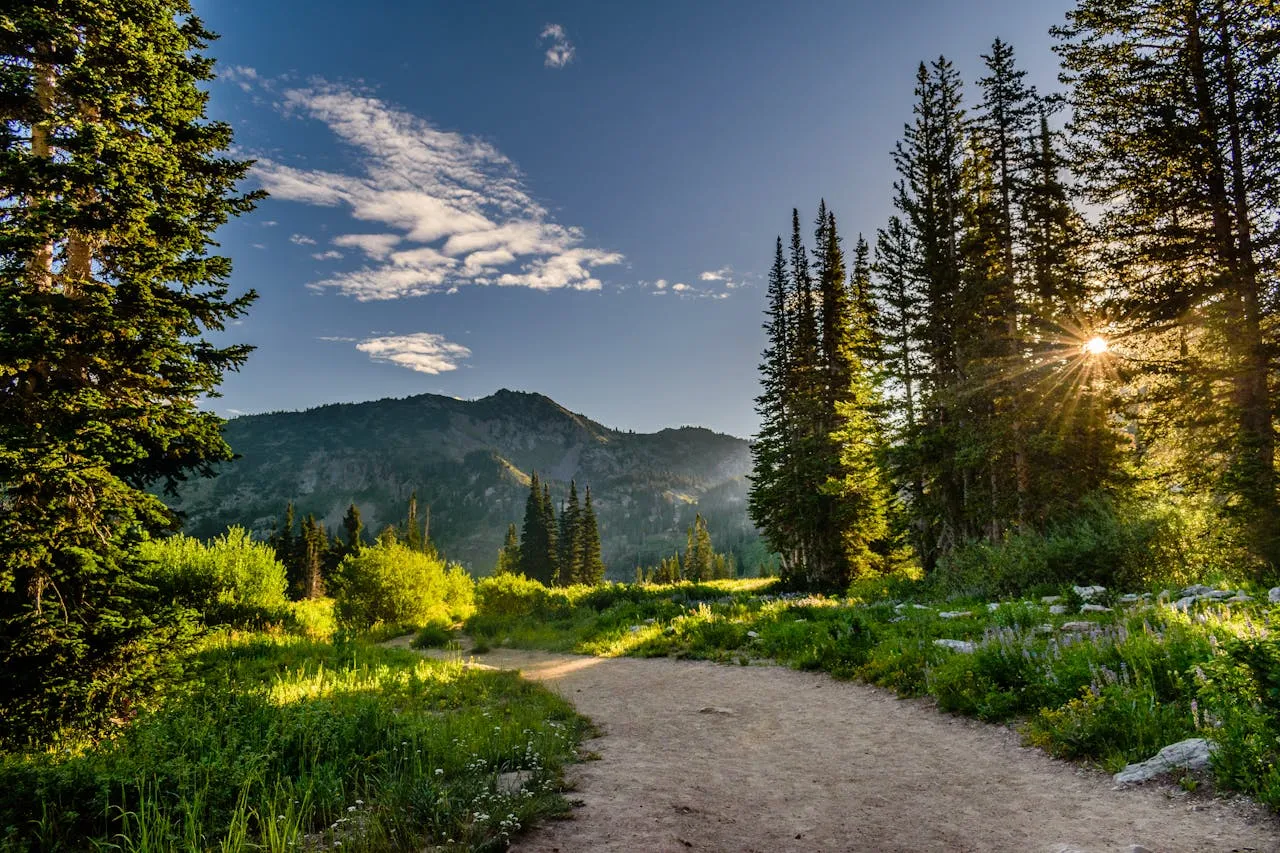When the world shut down a few years ago, I spent a good few months browsing online bookstores. I ordered many classics I’d always wanted to read, along with a pile of newer books that looked appealing.
The bundle included some of the top travel books ever put to paper, and it was one of the best purchase decisions I’ve ever made. I got to revisit some of my childhood favorites, and I dove into some more contemporary travelogues that had slipped under my radar.
Some of them inspired me to pack my bags and plan a trip in the near future, while others got me introspecting about why I love to travel in the first place.
Read on to see our picks for the best travel books - after all, exploring vicariously through literature can be as good as the real thing!
Disclaimer: We don’t spoil any of the books per se, but we do touch on some key themes and story points. Discretion is advised if you’re looking to go into any of these completely blind!
Around the World in Eighty Days — Jules Verne (1872)
This might be the road trip book to end all road trip books - it was mandatory reading for me when I was in school, and it’s a story I come back to often.
Pedantic, calculated, and as timely as a Swiss clock, Phileas Fogg makes a high-stakes bet that he can go around the world in eighty days, courtesy of India’s new rail system.
From the sandy shores of Suaz, Egypt to his misadventures in New York, Fogg and his trusty sidekick Passpartoaut experience the world in its full splendor, and our protagonist learns key lessons about love, determination, and perseverance.
What makes this novel so compelling is Verne’s portrayal of global cultures, featuring unprecedented levels of geo-historical accuracy for a piece from the 19th century.
More than anything, it illustrates a very important point - if a trip of such epic proportions was possible a century and a half ago, the sky is the limit for today’s travel enthusiasts!
“I see that it is by no means useless to travel, if a man wants to see something new.”
— Jean Passepartout
The Beach — Alex Garland (1996)
If you’ve ever gawked at pictures of the beautiful sandy beaches of Thailand, this book has a way of teleporting you there.
Also, if you liked Lord of the Flies as a kid, this is a kind of spiritual successor in a lot of ways.
Richard, a backpacker, seeks an idyllic retreat, away from the clamor of your average tourist trap.
After seemingly finding exactly what he’d been looking for on a tropical Thai island, his story takes some twists and turns before landing on a major lesson.
Unlike a lot of other travel books, this one taps into the dangers of idealizing exotic destinations. More to the point, it reminds us that human nature is still human nature, no matter how far removed people are from urban chaos.
“If I’d learnt one thing from travelling, it was that the way to get things done was to go ahead and do them. Don’t talk about going to Borneo. Book a ticket, get a visa, pack a bag, and it just happens.”
— Richard
On The Road — Jack Kerouac (1957)
I first ran into this beast at a bookstore in Lyon, France. I passed on it at the time, but I read in the blurb that Bob Dylan called it one of the greatest novels to come out of the United States.
I ordered it some years after, and the man had a point, as he often does.
This is probably the ultimate American road trip novel - it follows the adventures of a group of friends looking to make the most of their lives by traveling around the US of A.
While on the road, they indulge (and often overindulge) in the excesses of youth, almost as a kind of rebellion against the seemingly natural process of growing up.
By and large, the characters aren’t exactly role models, but they tap into that intrinsic need for freedom that compels so many of us to travel.
“Our battered suitcases were piled on the sidewalk again; we had longer ways to go. But no matter, the road is life.”
— Sal Paradise
Into the Wild — Jon Krakauer (1996)
People today might be more familiar with the 2007 movie of the same name, but the book is what started it all.
It tells the real story of Christopher McCandless, a young man who left home in 1990 to pursue a nomadic life.
His travels would culminate near Alaska’s Stampede Trail, where Christopher lived a minimalist lifestyle, surviving on thin rations of food and a plant guide.
Krakauer’s account of Christopher’s misadventures (and the film version that followed) continues to generate a lot of intrigue, including among professionals in the fields of psychology and philosophy.
A lot of travel literature is filled to the brim with beautiful descriptions of picturesque landscapes, but this piece is, above all else, a cautionary tale on escapism going too far.
“Unlike Muir and Thoreau, McCandless went into the wilderness not primarily to ponder nature or the world at large but, rather, to explore the inner country of his own soul.”
— Jon Krakauer
The Great Railway Bazaar — Paul Theroux (1975)
As far as travel writing goes, it doesn’t get more iconic than this Theroux bestseller.
The premise of the book is simple - it’s a real account of the author’s four-month train trip through Europe, the Middle East, and Southeast Asia, making his way back through the USSR.
From majestic Western scenery like the Swiss Alps to the bustling Indian subcontinent, the social commentary infused in his writing becomes more poignant with each page.
By the end of the book, you’ll have seen Theroux in all kinds of moods, a natural outcome of traveling one of the most ambitious itineraries ever attempted.
It’s unlikely that another non-fiction book from the 20th century has covered this much ground (literally), so read this travelogue as a warmup if you ever decide to traverse the Hippie Trail yourself!
“If a train is large and comfortable you don’t even need a destination; a corner seat is enough, and you can be one of those travellers who stay in motion, straddling the tracks, and never arrive or feel they ought to.”
— Paul Theroux
The Alchemist — Paulo Coelho (1988)
Adventure novels don’t come much more grandiose than this, and the fact that Coelho wrote it in about two weeks is a minor miracle in itself.
Hailing from Andalusia, Spain, the young Santiago sets out on a trip to Egypt, seeking out a treasure he saw in a dream.
Along the way, he trudges through Morocco and the Sahara, meeting a series of interesting characters, including the titular alchemist.
Over time, the quest for buried riches turns into a life-altering journey of self-discovery, and it’s been tugging at readers’ heartstrings for decades. Even back in high school, I could sense I’d be coming back to this one, and I was right.
Ultimately, for all of us aspiring travelers, The Alchemist is an important reminder that we only have so much time on this planet to make our wishes come true.
“When he was a child, that man wanted to travel, too. But he decided first to buy his bakery and put some money aside. When he’s an old man, he’s going to spend a month in Africa. He never realized that people are capable, at any time in their lives, of doing what they dream of.”
— Melchizedek
Conclusion
And that’s a wrap on our list of the best travel books! There are obviously more books about road trips and travel worth exploring, but there’s no going wrong with any of these time-tested masterpieces.
Our picks all delve into the psychology of why people travel, as well as the good and bad sides of committing your life to the road.
If you haven’t already, we hope you give at least one of them a read - they’ll definitely get you to do some thinking, and some might even push you to embark on a legendary road trip of your own!
And who knows? As you’re seeing new places, experiencing delicious food, and forging new friendships, you may even learn something about yourself in the process.




